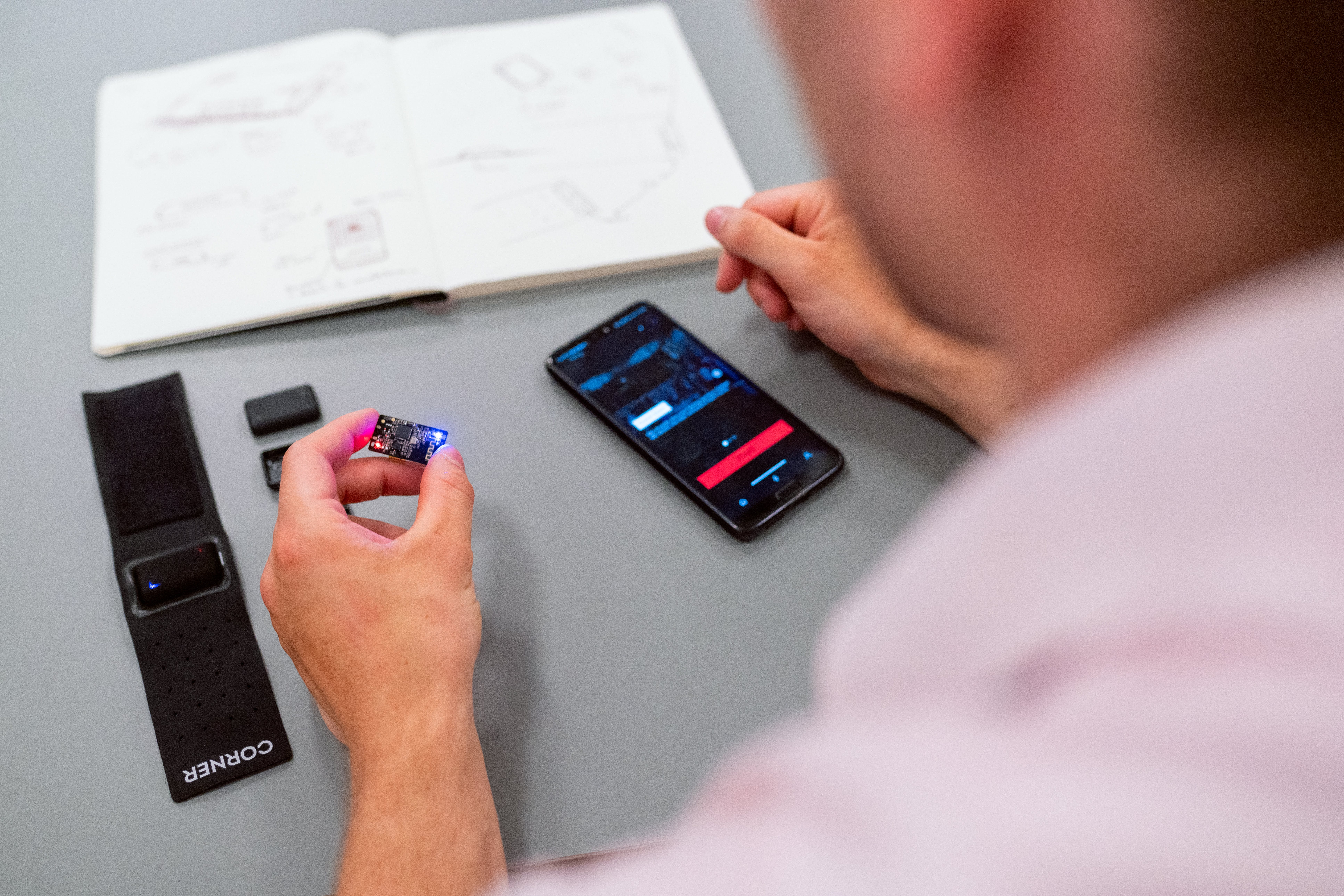Top Web Development Books Reddit Users Recommend!

Reddit, the vast online community, is a treasure trove of knowledge for aspiring and seasoned web developers alike. It’s a platform where one can find an array of best web development books recommended by those who have first-hand experience with them. Harnessing the wisdom shared by Reddit users can significantly elevate a developer’s skill set, offering insights into the most effective resources for learning and growth in the field.
Whether it’s about grasping the fundamentals or exploring advanced concepts, there are books that cater to all levels of expertise. Reddit’s tech-savvy members often engage in discussions about their favorite reads, providing candid reviews and valuable recommendations. By delving into these discussions, one can compile a must-read list of the best web development books Reddit users swear by. This list is not just based on popularity but also on the practical utility of the content, making it a reliable guide for those seeking to enhance their web development capabilities.
At Biz4Solutions, we understand the importance of continuous learning and staying updated with the latest industry trends. We encourage developers to Unlock the Power: Elevate Your Experience with Our Cutting-Edge Software Solutions. Take the first step toward innovation by exploring these recommended readings and incorporating the acquired knowledge into your development projects.
Popular Web Development Books According to Reddit

When it comes to determining the most popular web development books within the tech community, Reddit has become a go-to resource. The platform’s subreddits are teeming with discussions and polls where developers enthusiastically share and vote for their top book choices. These books are not only popular for their readability but also for their comprehensive coverage of topics that are critical in the web development industry.
Among the frequently mentioned titles are books that break down complex concepts into digestible lessons, making them accessible to beginners. Meanwhile, advanced developers often highlight books that delve into sophisticated topics like progressive web apps, responsive design, and modern JavaScript frameworks. Titles that offer practical examples, case studies, and exercises tend to rise to the top, as they provide readers with the opportunity to apply what they’ve learned in a real-world context.
Reddit’s unique voting system allows for a democratic selection of the best web development books, ensuring that the most helpful and effective resources receive recognition. This collective wisdom is invaluable for developers looking to make informed decisions about which books will most effectively advance their skills and understanding of the ever-evolving web development landscape.
Understanding Web Development Fundamentals Through Books

Grasping the fundamentals of web development is a critical step for any aspiring or current developer. Books that focus on foundational knowledge provide the bedrock upon which one can build a robust understanding of web design, coding practices, and development frameworks. These resources often start by explaining the structure and function of the web, followed by in-depth discussions on HTML, CSS, and JavaScript—the trio that forms the cornerstone of front-end development.
Moreover, such books typically explore server-side scripting, databases, and API interactions, which are essential components of back-end development. For individuals who prefer a systematic approach to learning, books that offer chapters on version control systems like Git and collaboration platforms such as GitHub are particularly beneficial. They help readers develop an appreciation for the importance of code management and teamwork in professional environments.
Books that cover web development fundamentals not only teach the technical skills needed to create functional websites but also emphasize best practices and design principles. This ensures that developers are not just coding, but are also creating user-friendly, accessible, and aesthetically pleasing digital experiences. By laying a solid foundation, these books empower developers to confidently progress to more advanced topics and technologies, thereby shaping the future of web development.
Advanced Web Development: Books for Seasoned Programmers

For seasoned programmers looking to delve deeper into the intricacies of web development, there exists a plethora of advanced books that tackle complex concepts and sophisticated techniques. These texts often cover advanced topics such as progressive web apps, cross-platform development, and real-time web applications. They provide insights into the latest frameworks and libraries like React, Angular, Vue.js, and Node.js, which are continually shaping the landscape of modern web development.
Advanced books also demystify subjects like serverless architectures, microservices, and containerization technologies such as Docker and Kubernetes. These topics are at the forefront of creating scalable and highly maintainable web applications. Furthermore, such literature usually includes extensive sections on security best practices, covering everything from authentication and authorization to preventing common vulnerabilities like SQL injection and cross-site scripting attacks.
Another critical aspect covered by advanced web development books is performance optimization. These resources provide strategies for improving load times, streamlining code, and enhancing user experience through responsive design and progressive enhancement. They may also address the importance of search engine optimization (SEO) and the role it plays in the visibility and success of web applications.
By studying these advanced materials, programmers can significantly enhance their skill set, stay ahead of the technology curve, and contribute to creating cutting-edge web solutions that push the boundaries of what is possible on the web.
Exploring Full Stack Development: Top Picks from Reddit

Full stack development is a discipline that requires a profound understanding of both front-end and back-end technologies. It’s a craft that necessitates a broad knowledge base, and Reddit’s community of developers often share their top picks for books that provide a comprehensive look into this field. These recommendations are particularly valuable for developers who aspire to master the full spectrum of web development.
The best web development books reddit users recommend for full stack development dive into languages and frameworks that are essential for both client-side and server-side programming. They offer tutorials on HTML, CSS, and JavaScript, while also exploring back-end technologies such as Node.js, Express.js, Python, Ruby on Rails, and PHP. These resources are designed to build a web developer’s proficiency in databases like MySQL, MongoDB, and PostgreSQL, critical components in full stack development.
Additionally, these books emphasize the importance of understanding RESTful APIs and how they facilitate communication between the client and server. They also highlight the need for knowledge in version control systems like Git, which is indispensable for collaborating in team environments and managing code across the full stack spectrum.
By engaging with these comprehensive resources, developers can gain insights into the best practices for full stack development, enabling them to architect robust web applications from the ground up. The ability to navigate both front-end and back-end with ease is a sought-after skill in the industry, and the books recommended by the seasoned Reddit community serve as a beacon for those seeking to achieve mastery in full stack development.
The Impact of Community-Recommended Books on Web Development Learning
The journey in web development is continuous, with learning and improvement being key to staying relevant in an ever-evolving field. Community-recommended books play a significant role in this educational process. When developers share their top book choices on platforms like Reddit, they create a curated list of high-quality resources for others to follow. Such lists are invaluable for both beginners and experienced developers looking to deepen their knowledge or update their skills in line with current trends.
Engaging with the best web development books reddit users recommend can drastically shorten the learning curve for new developers. It can also provide fresh perspectives and insights for seasoned programmers who need to stay ahead of the technological curve. These books often cover a wide range of topics, from the basics of coding to the nuances of advanced concepts like responsive design, progressive web apps, and cybersecurity.
Are You Interested in Building a Top-Class Website or Mobile App?
The impact of these community-endorsed resources is profound. They offer guidance, mentorship through the pages, and often include practical projects that help to solidify the theoretical knowledge gained. This hands-on approach is essential for developing the skills necessary to create innovative and efficient web applications. Furthermore, the collaborative nature of the tech community in sharing and discussing these resources helps in building a supportive learning environment that fosters growth and innovation.




